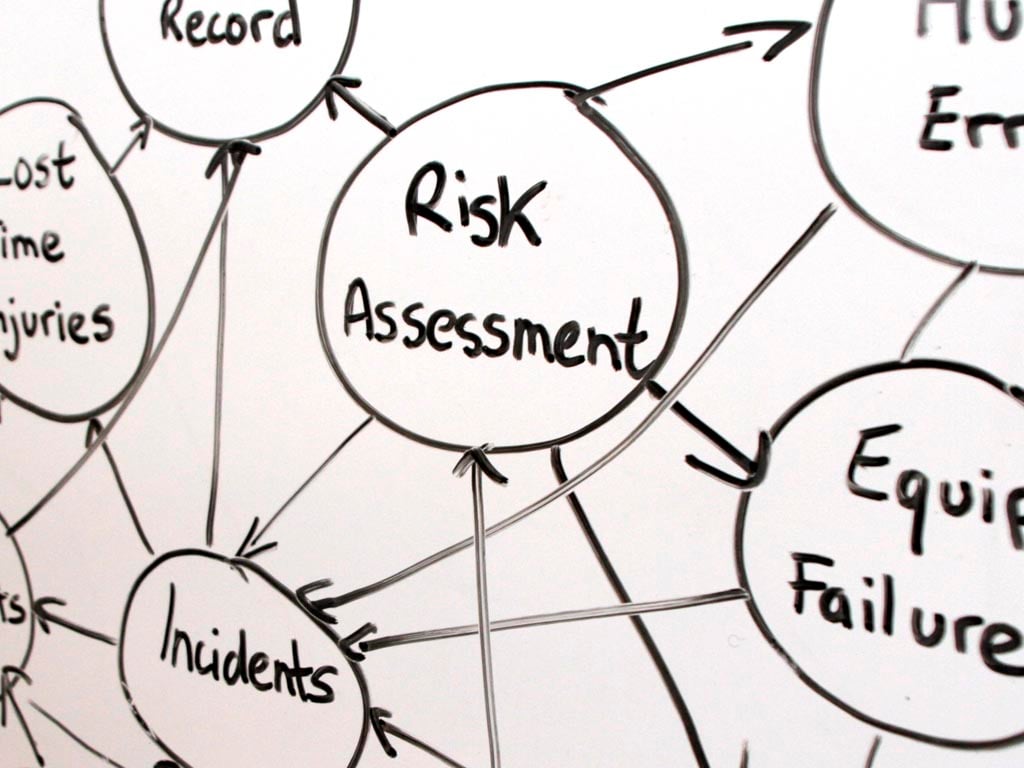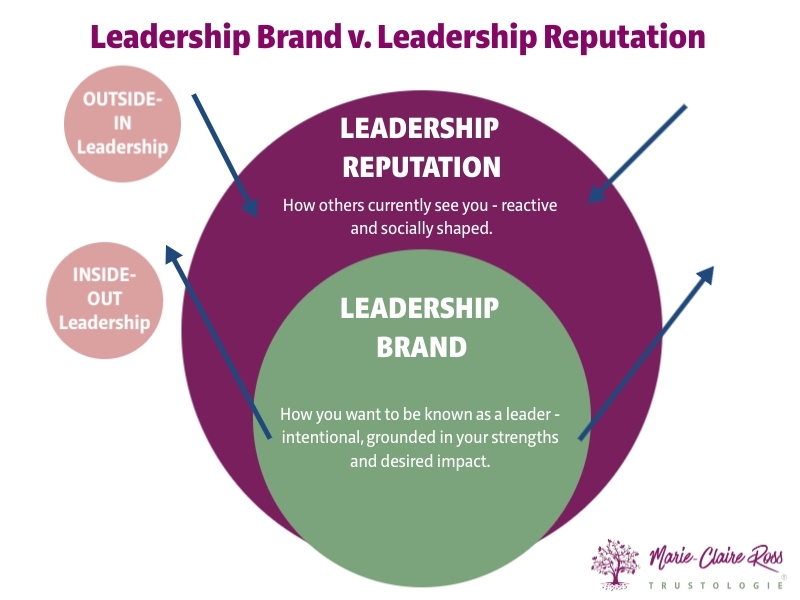6 Essential Executive Skills That Will Make You Unstoppable in 2026
The workplace is evolving at a pace few previous generations have seen and 2026 will mark a turning point. The Future of Work is blended, not hybrid....
Develop leaders, strengthen executive teams and gain deep insights with assessments designed to accelerate trust and performance.

Transform how your leaders think and perform with keynotes that spark connection, trust and high-performance cultures.

Explore practical tools, thought-leadership and resources to help you build trusted, high-performing teams.

Trustologie® is a leadership development consultancy founded by Marie-Claire Ross, specialising in helping executives and managers build high-trust, high-performing teams.

5 min read
Marie-Claire Ross : Updated on May 25, 2016

 Recently, I was talking to the Managing Director of a large recruiting firm for safety professionals in the Asia Pacific region about the importance of communication skills.
Recently, I was talking to the Managing Director of a large recruiting firm for safety professionals in the Asia Pacific region about the importance of communication skills.
It was very clear that safety leaders are just expected to be experts in the technical aspects of safety, but it's the ability to communicate about safety that sets apart the great safety leaders from the mediocre. There's a growing demand for sophisticated safety professionals who can influence and engage on safety. And you know what that means - dollars. If you want to earn great money in safety, then you have to improve your communication skills.
But what are communication skills? So many safety professionals think it's all about writing in a way that would make their school teacher proud of them. This means being grammatically correct, no spelling mistakes and using lots of big words. After all, that's how you get an "A" at school or in academia.
Wrong!
In fact, I had a safety professional on a Linkedin group debate with me about how good he was at communication by throwing the word "loquacious" into his defense. What he didn't realise was that he was just confirming what I already knew (ie: he couldn't influence his way out of a paper bag, oh, and no-one would want to work with an ego like that, so zero points for turning off the workplace).
But guess what? Focusing on the technical aspects of your writing makes you boring! Yes, boring. It means you've omitted the most important part of writing in business. And that is being able to coach, influence and engage.
You're not going to influence anyone with a massive document that goes for 10 pages that could have been written in one. As Winston Churchill rightfully said: "This document, by its very length, defends itself from being read."
To be a great leader, you have to be a great communicator. And by that I don't mean a big talker. Or in the words of my boring, outspoken social media friend, "loquacious". In fact, that's quite the opposite of what a good communicator needs to be on safety.
So what makes a great safety communicator? One of the most important things is to consider is that words are extremely powerful. Words can be walls or they can be bridges. As a safety communicator, you need to be constantly building bridges. Constantly working on letting people know they can trust you.
This is so important because if you inadvertently use words the wrong way, people will turn off from you and your message. Your safety communication will be blocked from flowing throughout the organisation.
You will never accomplish an excellent safety culture, if people don't like or trust you. And the only way to build trust is to carefully choose your words and do what you say you will do. Remember, actions speak louder than words.
8 Effective Communication Skills
There are certain communication skills you need to develop to be a great safety leader, they are:
Being an effective communicator is a lifelong process that constantly needs tweaking and updating. And being a great communicator has a massive effect on your life - both work and personal.
Recently, I was coaching a safety professional who was about to lose his job and marriage. His inability to coach, influence and engage on safety was about to cost him both his career and relationship.
He was angry at employees and contractors not listening to him and the more they ignored him, the angrier he got. He ended up creating a relatively large workforce of employees who thought he was a joke. Over time, I trained him on how to build bridges, not walls. He had to change. And change fast. Thankfully, for now, his contract has been extended.
Luckily for him, he knew his poor communication skills were costing him dearly.
Great communicators are flexible and know how to change their message when they sense resistance or lack of interest.
What do you need to do to have effective communication skills?

The workplace is evolving at a pace few previous generations have seen and 2026 will mark a turning point. The Future of Work is blended, not hybrid....

Many leaders jump into a leadership position excited by the opportunity to help others and perform at a higher level.

What makes a good team leader isn’t just about having authority or getting tasks done - it’s about the ability to create an environment where people...

A Towers Watson study titled Change and Communication ROI, claims that the most important goal of an effective communication program is to motivate...

Everything we do is communication. And it is no wonder that research studies point to 70% of workplace mistakes being caused by poor communication. ...

Last week, we looked at three different arguments to convince senior management about why they need to care about safety.